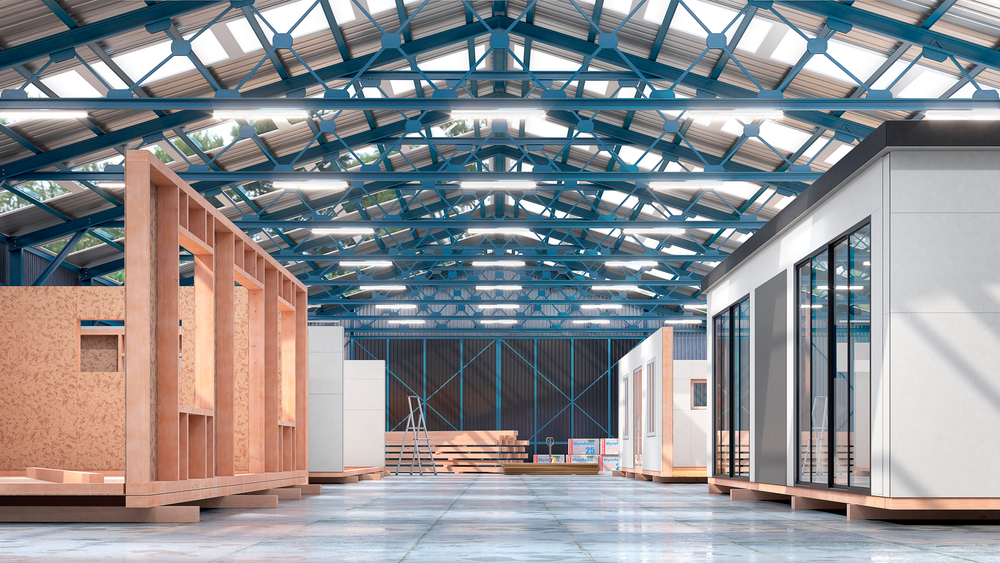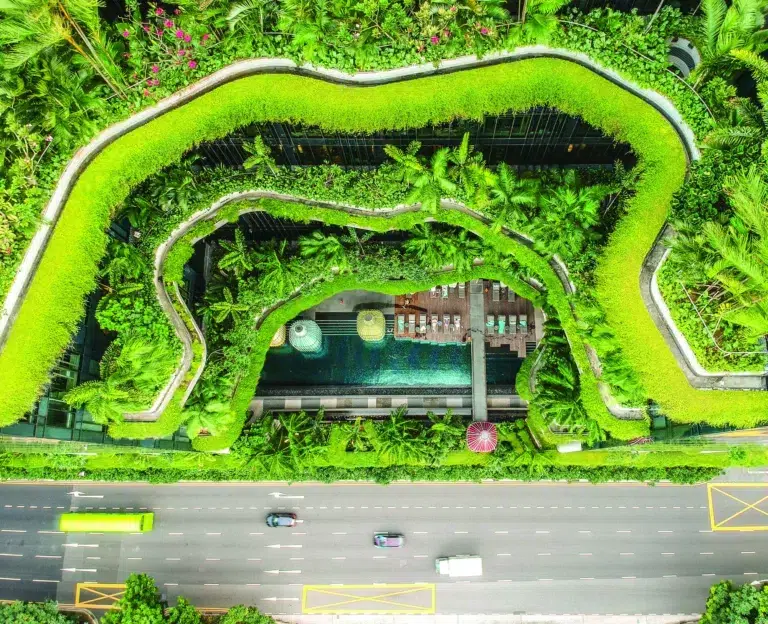Modular construction, the solution to rapid urbanisation and pollution
This type of construction is not only greener but they’re also built faster and smarter

According to the Modular Building Institute, “Modular construction is a process in which a building is constructed off-site, under controlled plant conditions, using the same materials and designing to the same codes and standards as conventionally built facilities – but in about half the time.”
Modular construction provides various benefits, particularly to the environment. First, this type of building is greener since factory-controlled processes produce fewer site disturbances, decrease material waste, improve air quality, as well as allow for tighter construction.
Second, the construction of modular buildings enables projects to be completed faster, half the time of traditional construction, as building inside a factory eliminates weather delays. The faster buildings are occupied, the faster the return on investment.
Lastly, modular buildings are smarter because it is built to code with quality materials and architectural specifications, and it is designed to conform with any building and modular units’ external aesthetics.
Most individuals are progressively moving to cities for a better life, with data by the United Nations indicating that 25 percent of the population in Southeast Asia’s top six countries will move to megacities between 2015 and 2025, according to the article ‘Living sustainably and responsibly for our future and our children’s future’, published in the ARES digital White Paper Vol. 1. CEO and Managing Director of PropertyGuru Group, Hari V. Krishnan, said, “We need an intervention – an intervention of how we plan our cities and our communities,” and modular construction is part of the solution we’re searching for.
Cities in Asia, including other parts of the world, are getting more congested day by day. It is now time for a change and we all must take a stand, together.
Read more about why modular construction is good for the environment at asiarealestatesummit.com/ares-digital-white-paper-vol-1/
Write to our editors at [email protected].
Recommended
6 green real estate projects reshaping Asia’s future
Developers are being incentivised to push a green agenda into daring new realms
ARES White Paper Volume 3: The era of adaptive reinvention
Pioneering sustainable and innovative practices in urban development
ARES White Paper Volume 2: Unravelling the power of data revolution in real estate
Insights on proptech, smart cities, and sustainable development
ARES Digital White Paper Volume 1: The fundamentals of responsible building
Green and climate heroes join forces to discuss how Asia Pacific can weather the current environmental crises and the looming effects of climate change






